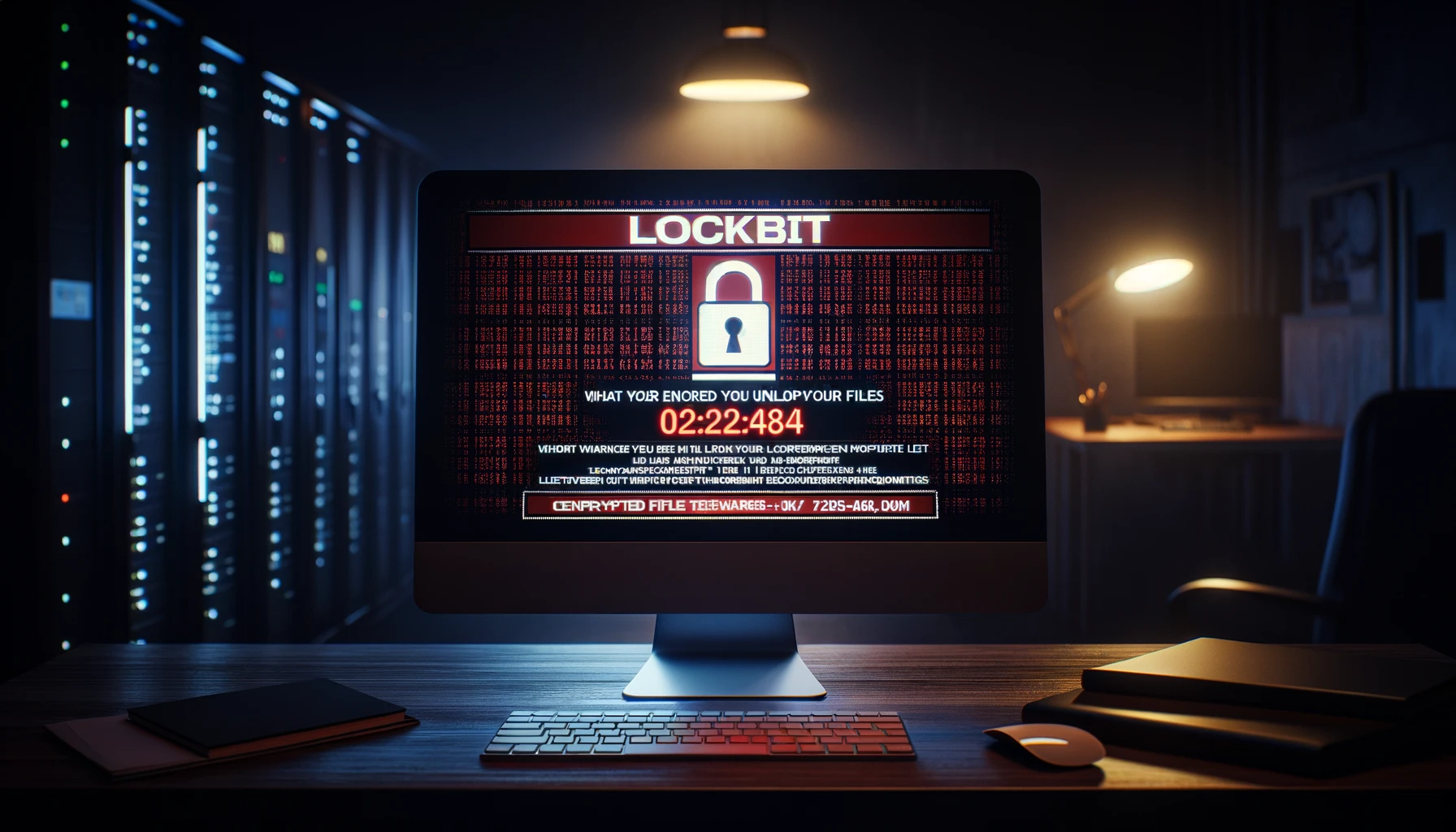Introduction
The U.S. Federal Bureau of Investigation (FBI) recently disclosed the distribution of over 7,000 decryption keys related to the LockBit ransomware, aiming to assist victims in recovering their data without cost. This significant move underscores the agency’s commitment to combating ransomware and supporting affected organizations.
Background on LockBit Ransomware
LockBit, a notorious ransomware group, has been responsible for over 2,400 attacks worldwide, including 1,800 in the United States. The group’s operations were disrupted in February 2024 by an international law enforcement operation named “Cronos,” spearheaded by the U.K. National Crime Agency (NCA).
Key Developments and Arrests
In May 2024, Dmitry Yuryevich Khoroshev, a 31-year-old Russian national, was identified as LockBit’s administrator and developer. Despite Khoroshev’s arrest, LockBit continues to operate, albeit at reduced capacity, leveraging new infrastructure to evade law enforcement efforts.
FBI’s Role and Statements
Assistant Director Bryan Vorndran of the FBI Cyber Division announced the initiative at the 2024 Boston Conference on Cyber Security (BCCS). He emphasized the FBI’s efforts to reach out to known LockBit victims and encouraged potential victims to contact the Internet Crime Complaint Center (IC3) for assistance.
Current Threat Landscape
LockBit remains active, though less prolific than before. Statistics from Malwarebytes revealed that LockBit was responsible for 28 attacks in April 2024, ranking it behind other ransomware groups such as Play, Hunters International, and Black Basta.
Challenges in Ransomware Recovery
Vorndran highlighted the uncertainty surrounding data recovery from ransomware attacks. Paying ransoms does not guarantee data retrieval or its permanent deletion. The Veeam Ransomware Trends Report 2024 indicates that organizations typically recover only 57% of compromised data, exposing them to significant data loss and ongoing risks.
Emerging Ransomware Threats
New ransomware variants, including SenSayQ and CashRansomware, have surfaced, targeting vulnerable systems. The TargetCompany ransomware, also known as Mallox and Water Gatpanapun, has introduced a Linux variant that exploits Microsoft SQL server vulnerabilities to infiltrate VMWare ESXi systems.
Technical Insights
Trend Micro researchers reported that the new Linux variant employs a shell script for payload delivery and exfiltrates victim data to multiple servers, ensuring the attackers retain a backup. The attacks are attributed to an affiliate known as Vampire.
Conclusion
The FBI’s distribution of decryption keys marks a crucial step in supporting ransomware victims and disrupting cybercriminal activities. However, the evolving ransomware landscape necessitates continuous vigilance and robust cybersecurity measures.
